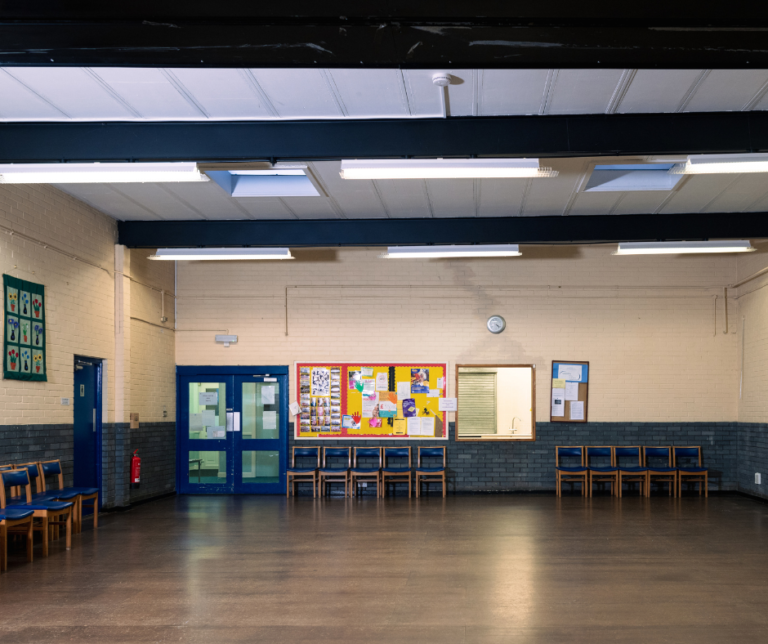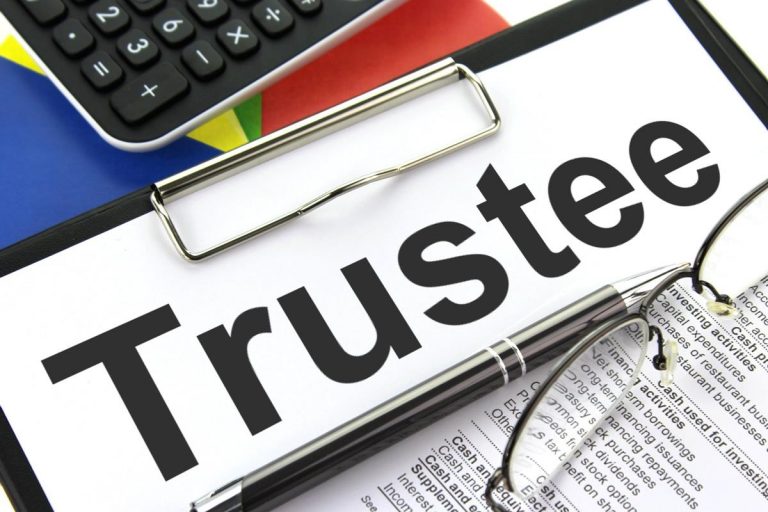Background
If you rent or lease the place where your organisation conducts their work, then you are a business tenant. The Landlord and Tenant Act 1954 (Part 2) gives business tenants an important legal protection, called ‘security of tenure’ – the right to renew the tenancy when it comes to an end.
This right to renew will be applicable if the tenant has not ‘contracted out’ which means they have effectively agreed that they will not benefit from the automatic right. In addition, Landlords can oppose renewal of the tenancy for certain limited, specific reasons. Some are to do with the tenant’s own conduct – for example, failure to pay rent. Others are to do with the landlord’s needs – for example, where landlords want to redevelop the premises or get them back for their own use.
Costs-who is responsible?
Unless the parties agree otherwise in writing, one party to a lease cannot require the other to pay its legal costs in connection with the grant of the lease. This is set out in a specific piece of legislation: section 1, Costs of Leases Act 1958. Where there has been no express agreement between the parties, case law (see below) has also shown that the courts will not be prepared to insert a term into a renewal lease requiring the tenant to pay the landlord’s costs of preparing and executing the new lease, even if the previous lease contained such a provision (Cairnplace v CBL (Property Investment) Co [1984] 1 W.L.R. 696).
In summary, each party should pay their own legal costs unless they have agreed differently, and this agreement has been documented in writing.
Reminder
As a reminder, tenants should get professional advice when carrying out property dealings as this is a very specialised area. A chartered surveyor will be able to advise on the best sort of deal for your organisation. A solicitor will be able to advise on legal points arising from the lease.






